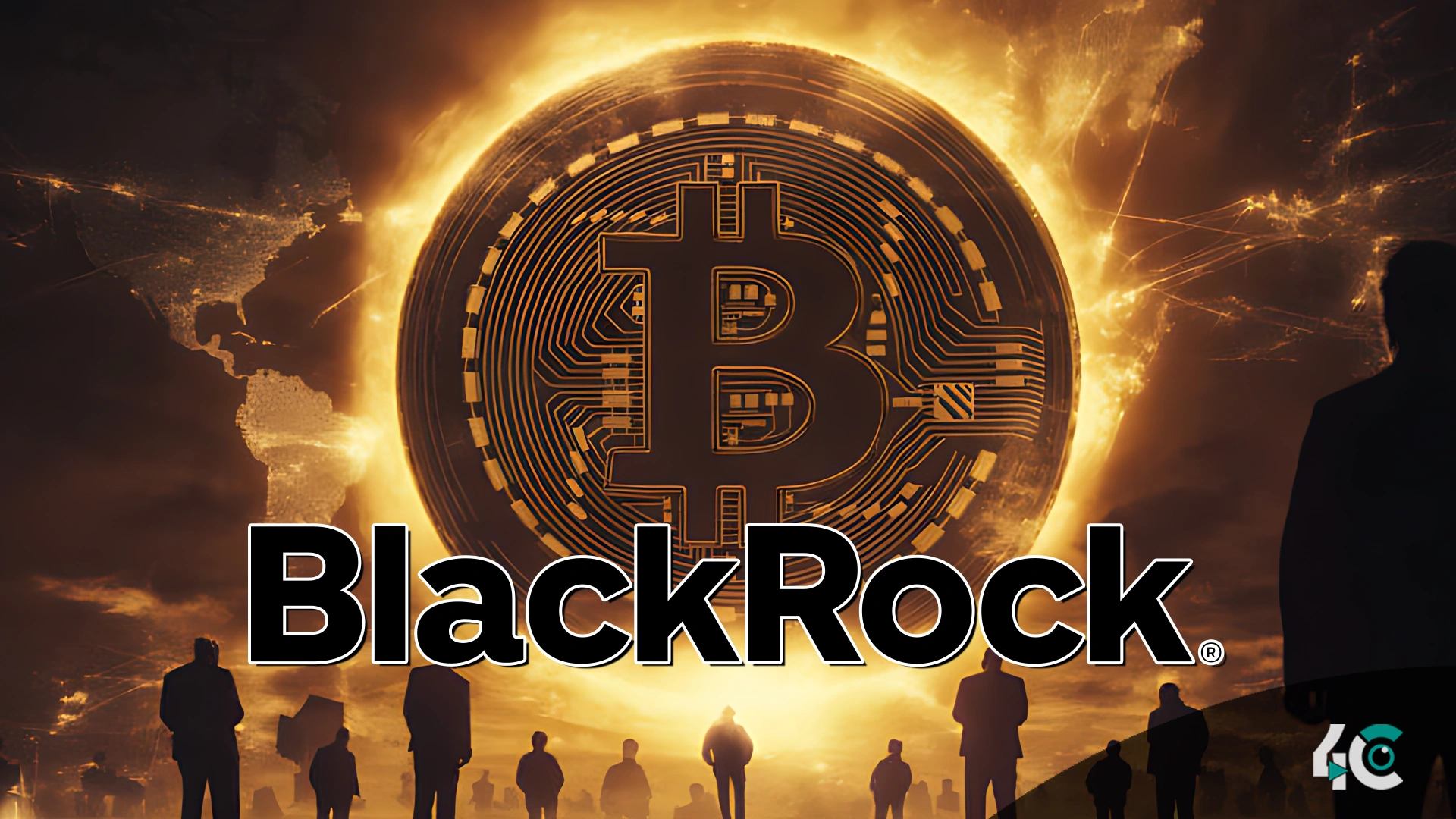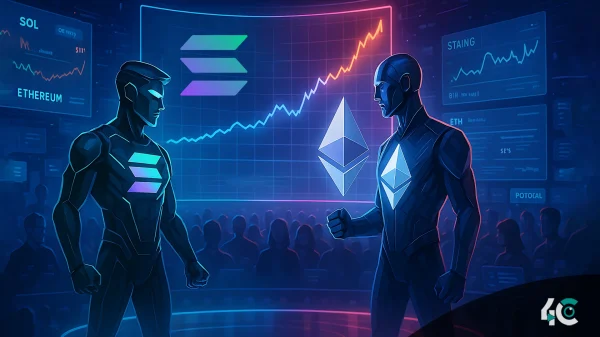Bitcoin’s rise as a decentralized currency raises questions about its impact on the US dollar’s global dominance. With increasing adoption and institutional interest, could Bitcoin challenge the dollar’s role in international trade and finance?
Is Bitcoin a Threat to the Dollar?
Fink did not shy away from discussing the U.S. dollar dilemma. With national debts on the rise and inflation a concern, many more people may start using Bitcoin as a hedge. If Bitcoin is a widely used, reliable store of value, it can weaken the dollar’s role as the backbone of global finance.
Acknowledge digital asset innovation, Fink said, but they threaten America’s financial supremacy. DeFi not only facilitates the creation of faster and more efficient markets, but it also has the potential to shift the balance of economic power away from existing systems, potentially including the U.S., if it becomes a preferred alternative to the dollar.
Tokenization: A Game-Changer for Finance.
While Fink has doubts about Bitcoin, he is very positive about tokenization, which is turning every physical or financial asset into a token. As he put it, it would vastly improve financial market speeds and accessibility and cut down on legacy systems that can slow down processes. Imagine the speed at which you can trade stocks, bonds, or real estate without having to wait for traditional finance. We can say that tokenization will allow everyday investors easy access to markets previously limited to the well-heeled or well-connected.
BlackRock Bets Big on Digital Assets.
BlackRock is not just talking; it is also acting. The organization has taken major steps into the arena of digital assets. The iShares Bitcoin Trust is one of the biggest and fastest-growing spot Bitcoin ETFs, managing billions of assets shortly after launch. BlackRock used the opportunity to create BUIDL, a tokenized money market fund that should grow rapidly in a few months. These plans show that BlackRock realizes that digital assets will be a key part of the future.
Tackling Economic Inequality and Protectionism.
In the letter, Fink further discussed economic protectionism, which is an outcome of rising disparities of income. Isolationism-focused policies are limiting growth, he said. Fink’s solution to this problem is to give greater access to private markets, be they tokenized securities or treasuries. It will help both investors earn better in this environment and distribute wealth to a larger number of people.
He also highlighted the need to ensure that investments such as infrastructure and private credit are open to all. BlackRock is establishing its presence further in these areas through takeovers, which are considered a forerunner of modern finance. Fink believes private assets, like infrastructure and private loans, provide stability and inflation protection, making them useful for portfolio diversification.
What’s Next for Digital Assets and Global Finance?
Fink’s message is unmistakable: the finance industry is changing, and digital assets are the future of change. With the legalization and ban of Bitcoin, it has the potential to challenge the dominance of the dollar and traditional finance. Furthermore, there are clever innovations like tokenization and decentralized finance, which seek to grow tokenized markets and bring modernization to different financial systems.
The manner in which the global economy evolves while balancing the risks and rewards of digital assets will define the future of economic leadership. It is clear that the emergence of Bitcoin and digital assets is more than just a study. It points to future developments that will impact our views on money, investment, and the global financial architecture.
































